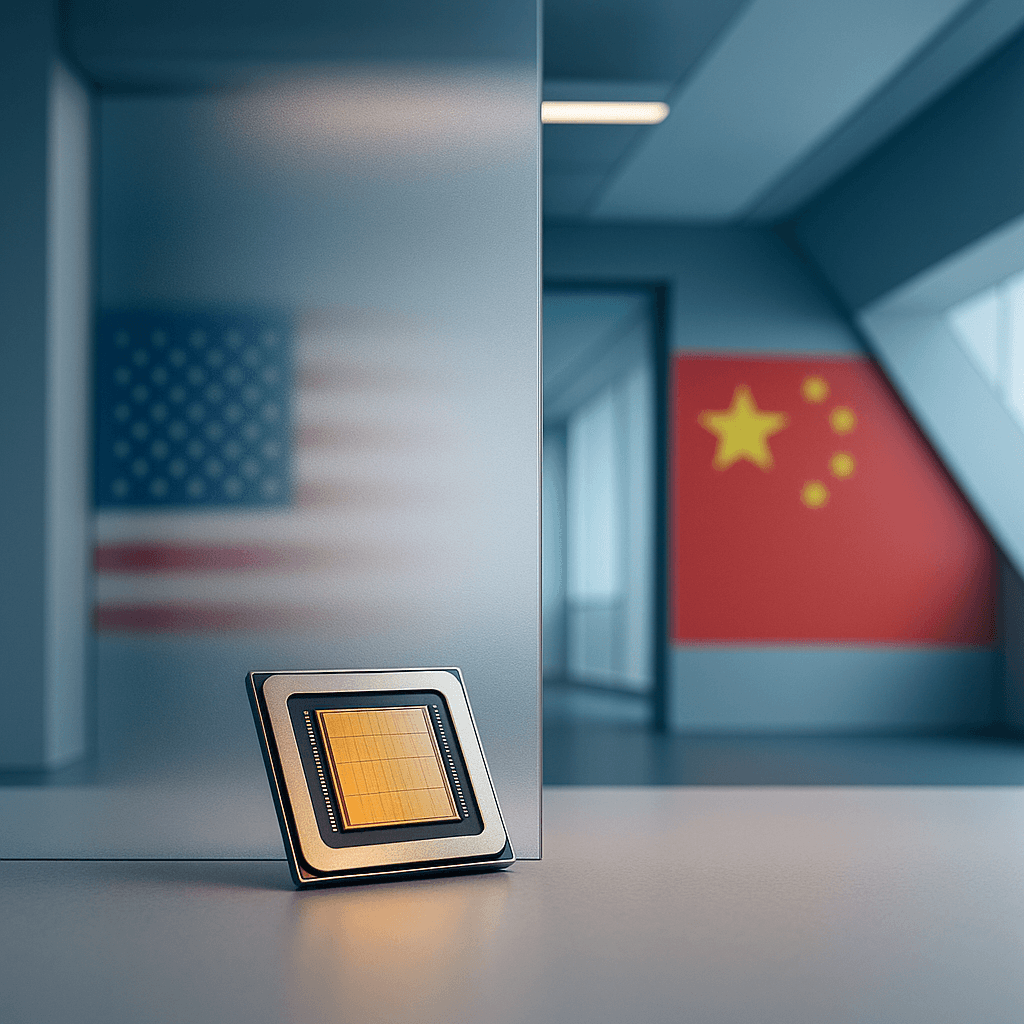TL;DR:
• Trump administration softens chip export controls but China remains wary of Nvidia
• Chinese officials urging tech firms to avoid U.S. semiconductor purchases
• Beijing prioritizing domestic AI chip development over foreign dependence
• Market access doesn't guarantee market acceptance in new geopolitical reality
Nvidia thought eased U.S. export restrictions would open China's door, but Beijing is greeting the chip giant with unprecedented skepticism. Chinese authorities are actively discouraging tech companies from purchasing American semiconductors, signaling a fundamental shift in how the world's second-largest economy approaches AI hardware dependency.
Nvidia's return to China isn't going according to plan. Despite the Trump administration's recent decision to ease semiconductor export restrictions, Chinese authorities are sending a clear message to their tech sector: American chips aren't welcome here anymore. The about-face represents a seismic shift in the world's most crucial tech relationship, with implications rippling through global AI development and supply chains.
Chinese regulators have been quietly but persistently urging domestic technology companies to avoid purchasing Nvidia's H20 chips, even as these processors become legally available again. According to industry sources familiar with Beijing's messaging, the directive reflects a strategic pivot toward technological self-reliance that extends far beyond immediate trade tensions. The policy signals China's determination to build indigenous AI capabilities, regardless of short-term convenience or cost considerations.
The timing couldn't be more critical for Nvidia, which generated over $18 billion in China revenue before export restrictions took effect in 2023. The company's stock has weathered geopolitical headwinds remarkably well, but this latest development suggests that regulatory approval doesn't guarantee market acceptance. Wall Street analysts had anticipated a Chinese revenue rebound following policy changes, but Beijing's resistance threatens to permanently reshape Nvidia's global growth trajectory.
Beijing's stance reflects lessons learned during previous technology dependencies. Chinese leadership witnessed how quickly access to critical components could vanish during trade disputes, particularly in telecommunications and semiconductors. The experience with Huawei's Android restrictions and chip access limitations created lasting institutional memory about technological sovereignty. Now, Beijing appears determined to avoid similar vulnerabilities in artificial intelligence, even if it means sacrificing short-term performance gains.












